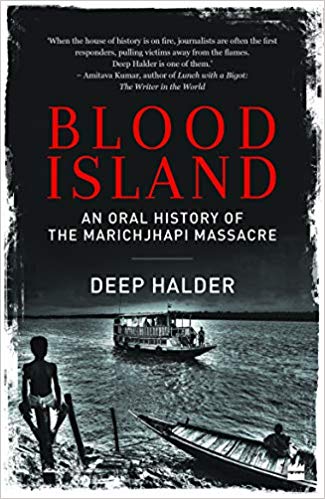
Yoga Suffers When Taken Out of Its Indian Context says Nrithya Jagannathan
Nrithya Jagannathan hails from the tradition of the world renowned Yogacharya Tirumalai Krishnamacharya
T Krishnamacharya>TKV Desikachar>Nrithya Jagannathan
Pic Credit: yogaheidelberg.com/krishnamacharya
Nrithya Jagannathan hails from the tradition of the world renowned Yogacharya Tirumalai Krishnamacharya
T Krishnamacharya>TKV Desikachar>Nrithya Jagannathan
Pic Credit: yogaheidelberg.com/krishnamacharya

Krishnamacharya had mastered 3,000 asanas. He was so adept in Yoga that he could stop his pulse/heartbeat for about 2 minutes
The Krishnamacharya Yoga Mandiram (KYM) is a 44 year old institute, well known in India and abroad as a centre for Yoga Therapy as well as Yoga Studies
The Krishnamacharya Yoga Mandiram (KYM) is a 44 year old institute, well known in India and abroad as a centre for Yoga Therapy as well as Yoga Studies
KYM, since its inception in 1976, has been committed to carrying forth the teachings of Sri Krishnamacharya as taught by his son & long time student, Sri TKV Desikachar, a tradition which is the fountainhead of modern yoga & from which distinguished yoga schools have sprung from 

In this interview with @IndicaSoftPower , Nrithya Jagannathan, senior yoga therapist and Director of the KYM Institute of Yoga Studies, KYM, says Sri TKV Desikachar stressed that at its core - Yoga is connection, Yoga is relationship.
@IndicaSoftPower " I would say, more than standardising the teachings of Yoga per se, the KYM has been working to ensure the highest standards in the personalised teaching of Yoga...
In Pic: Nrithya Jagannathan with her students
In Pic: Nrithya Jagannathan with her students

@IndicaSoftPower ..., be it through our one-on-one Yoga therapy interventions or through our carefully structured 800 hour yoga teacher training programme and the 800 hour Yoga therapist training programme"
@IndicaSoftPower Nrithya says, To become a Yoga teacher requires a certain aptitude, an ability to empathise and an interest in understanding the philosophy, practice and application of Yoga both in their traditional and contemporary contexts 

@IndicaSoftPower The mushrooming of short-term courses is in alignment with the increasingly fast paced nature of our lives where education has been reduced to merely acquiring a paper degree she says
@IndicaSoftPower Some of these courses are intended to offer participants a glimpse into certain aspects of Yoga, others are intended as short getaways for relaxation.
A good teacher of Yoga needs to have a sound personal practice designed under the guidance of a competent mentor says Nrithya
A good teacher of Yoga needs to have a sound personal practice designed under the guidance of a competent mentor says Nrithya

@IndicaSoftPower "It has been a great blessing in my life to have had the opportunity to study under and interact with Sri TKV Desikachar
As a teacher, he was extremely perceptive and keenly observant, always able to identify skills that one rarely knew one even possessed" - Nrithya
As a teacher, he was extremely perceptive and keenly observant, always able to identify skills that one rarely knew one even possessed" - Nrithya
@IndicaSoftPower We teach Vedic chanting from the Krishna Yajurveda and several other Smrti texts as taught by Sri T Krishmacharya
At a time when the very Vedic tradition is in danger of dying out, it is imp that all those who are interested in learning & preserving this oral tradition do so
At a time when the very Vedic tradition is in danger of dying out, it is imp that all those who are interested in learning & preserving this oral tradition do so

@IndicaSoftPower Fortunately, Nithya Jagannathan herself is teaching a course on Mantra & Meditation in collaboration @IndicaCourses & @YogaIndica
If you are interested in exploring this esoteric knowledge, you can enroll for this cohort course here: indica.courses/enroll/cohort/…
If you are interested in exploring this esoteric knowledge, you can enroll for this cohort course here: indica.courses/enroll/cohort/…
@IndicaSoftPower @IndicaCourses @YogaIndica You can read the full interview here at @IndicaSoftPower magazine: bit.ly/3D4HNaU
Follow @IndicaSoftPower for such enriching content
Follow @IndicaCourses as they offer a whole host of courses tailored for your needs
Follow @IndicaSoftPower for such enriching content
Follow @IndicaCourses as they offer a whole host of courses tailored for your needs
• • •
Missing some Tweet in this thread? You can try to
force a refresh





